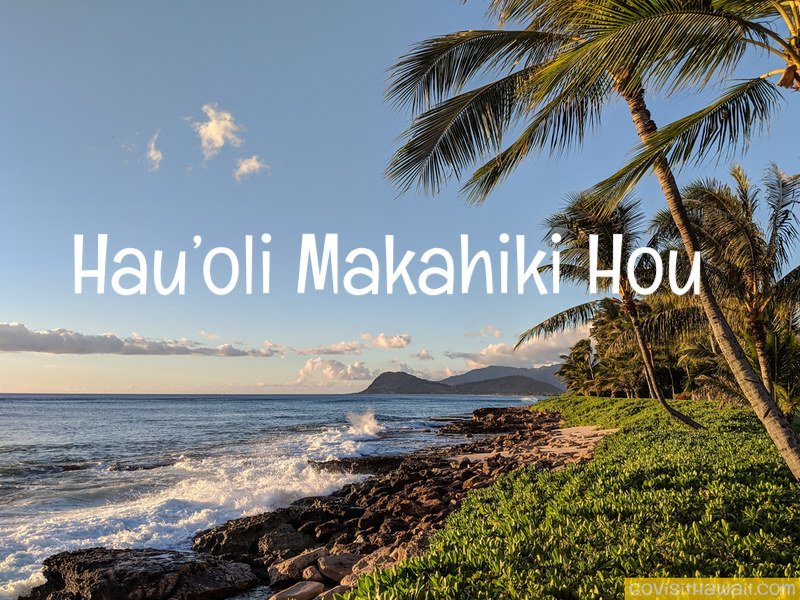Resort fees have once again taken the spotlight, particularly in Hawaii, where they are known to be some of the most exorbitant anywhere. Today President Joe Biden is announcing a proposed Federal Trade Commission ruling that would require businesses to disclose all such charges upfront. The teeth behind the proposal is that companies that are non-compliant would have to face financial penalties as well as provide refunds for such Hawaii resort fees.
The best possible result of the FTC ruling is that such mandatory fees be included in the room rate, period.
This issue has persisted for years now, with the Federal Trade Commission (FTC) raising concerns over five years ago. The FTC warned that “Separating mandatory resort fees from posted room rates without first disclosing the total price is likely to harm consumers.” Despite these warnings, the practice continues.
The American Hotel and Lodging Association has continued to defend such resort fees, stating that 94% of hotels do not charge them. When they are imposed, these fees often include valuable amenities such as food and beverage credits, special events, pool and beach access, transportation, and spa services.
Hawaii seems to have more than its fair share of these resort fees, and their value is questionable. The highest resort fees in Hawaii are quite steep, with some notable examples from when last we checked including:
- Alohilani Resort $50 + tax/night.
- Andaz Maui $50 + tax/night.
- Aston Waikiki Beach Hotel $39 + tax/night.
- Aston Waikiki Beach Tower $45 + tax/night.
- Fairmont Orchid $45 + tax /night.
- Grand Hyatt Kauai $45 + tax/night.
- Grand Wailea Resort $50 + tax/night.
- Hilton Hawaiian Village $59 + tax/night.
- Hotel Wailea $40 + tax/night.
- Hyatt Regency Waikiki $49 + tax/night.
- Koa Kea Resort $45 + tax/night.
- Mauna Lani Resort $45 + tax/night.
- Modern Honolulu $35 + tax/night
- Montage Kapalua Bay $63 + tax/night.
- Prince Hotel Waikiki $39 + tax/night.
- Royal Hawaiian $42 + tax/night.
In some cases, all fees, including parking fees, and in addition to taxes, can inflate the total bill by up to 50%. Furthermore, some resort fees are not transparent and the fees only become apparent during the booking process. That practice is targeted by the FTC.
It’s hard to compare Hawaii resort fees on first glance.
Interestingly, some high-end Hawaii hotels have stopped disclosing resort fees, while others bundle them with parking fees or other unrelated charges, making it difficult for travelers to distinguish the true cost of their stay.
The prevalence of resort fees can be attributed, in part, to a bait-and-switch tactic. By revealing these fees later in the booking process, hotels can create the illusion of lower overall costs for guests, a strategy similar to the one employed by airlines with their basic economy offerings.
Additionally, you may not be aware that hotels in Hawaii do not pay commissions to travel agencies on resort fees, which contributes to their bottom line.
To circumvent resort fees in Hawaii, travelers can explore various strategies, including the following:
- Search for rate codes that exclude resort fees,
- Contact the property directly to inquire about fee waivers.
- Consider award-type bookings that often waive fees.
- Use the hotel’s branded credit card or a premium travel-focused credit card.
- Join the hotel’s frequent guest program, which could reduce resort fees.
- Vacation rentals can be another option since they often do not impose resort fees, even at condo resorts, although they may have other associated charges to consider.






Leave A Comment